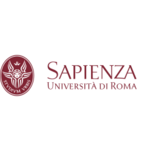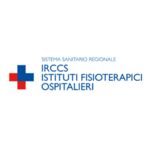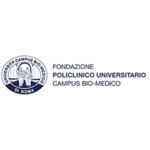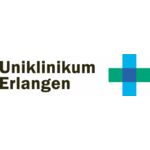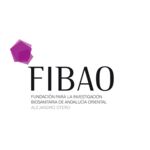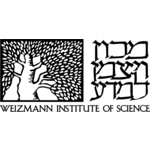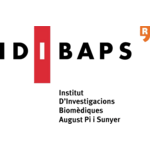Pancreatic Cancer
Early diagnosis and treatment of pancreatic cancer
Background
The number of people in Europe that are diagnosed with Pancreatic Ductal Adenocarcinoma (PDAC) is steadily increasing. This is the result of an aging population, unhealthy lifestyles, and unfavourable social conditions. Due to the lack of screening programs, early diagnosis cannot be performed, which makes PDAC a very lethal malignancy that has been recognized as one of the “biggest cancer killers”, with a five-year survival rate of less than 10%. Today, less than 10% of people diagnosed with PDAC are predicted to survive their disease for at least five years. Ten years after diagnosis, this percentage drops off to less than 1%. The increase in PDAC is generating a huge burden for citizens, cancer patients, survivors, their families, health systems and society at large.
Under the Horizon Europe Framework Programme, this topic falls under the EU Mission on Cancer aimed to understand cancer, its risk factors, and its impact, preventing what is preventable and optimizing diagnostics and treatment.
Key Project: LASERBLOOD
The project LASERBLOOD (Biophotonic Nanoparticleenabled Laser Blood Test for Early Detection of Pancreatic Cancer) aims to develop a new technology for the early detection of PDAC. LASERBLOOD will build the scientific and technological foundation to create a disruptive in vitro diagnostic (IVD) test based on the fluorescence lifetime (FL) fingerprint of the personalized protein corona (PC). The test will be designed to fit the World Health Organization (WHO) REASSURED (Affordable, Sensitive, Specific, User-friendly, Rapid and robust, Equipment-free, and Deliverable to end-users) criteria and will be able to provide early screening of PDAC and critical information at every step of the PDAC progression, including treatment responses. Overall, it is estimated that the early screening of the population will decrease by around 80% the mortality rate.
Funded by the European Union. Views and opinions expressed are however those of the author(s) only and do not necessarily reflect those of the European Union. Neither the European Union nor the granting authority can be held responsible for them. This project has received funding from the European Union’s EIC Pathfinder under grant agreement No 101130740.



